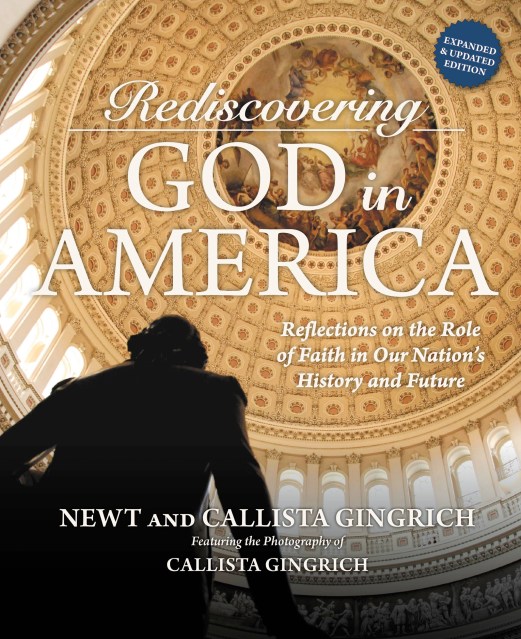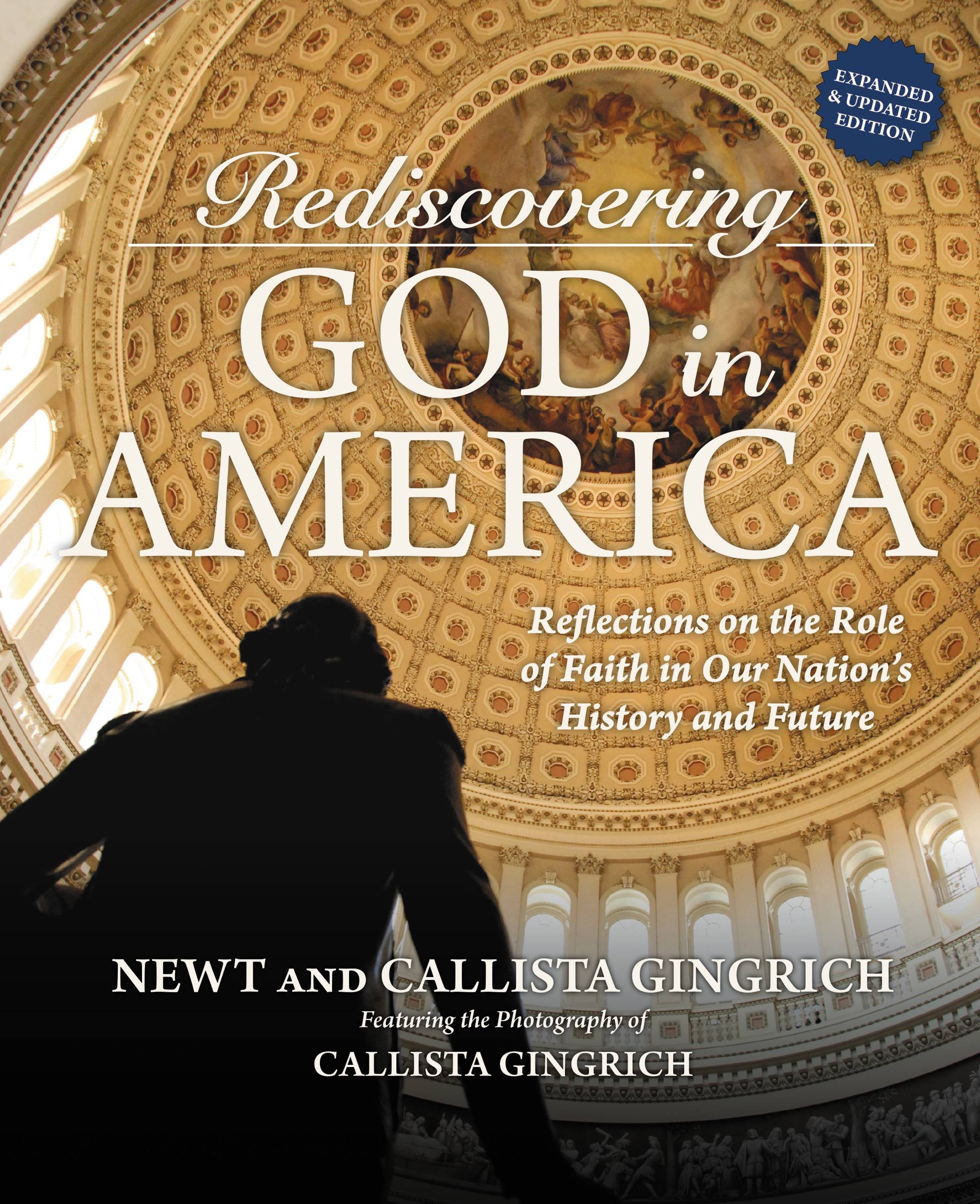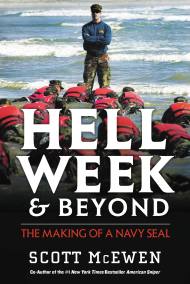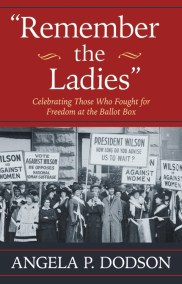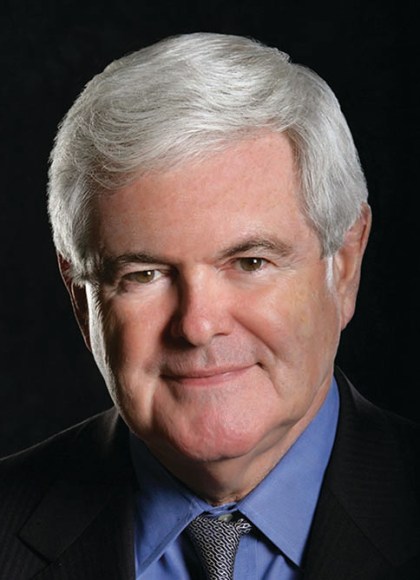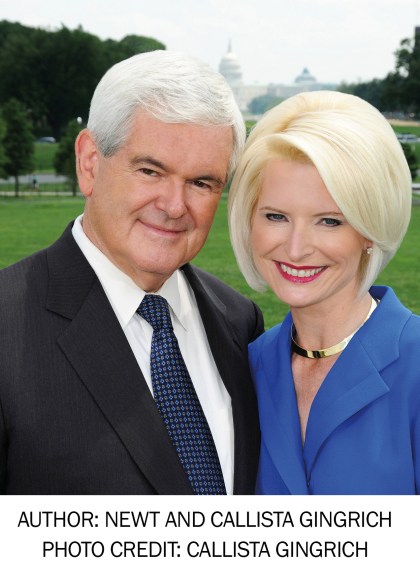By clicking “Accept,” you agree to the use of cookies and similar technologies on your device as set forth in our Cookie Policy and our Privacy Policy. Please note that certain cookies are essential for this website to function properly and do not require user consent to be deployed.
Rediscovering God in America
Reflections on the Role of Faith in Our Nation's History and Future
Contributors
Photographs by Callista Gingrich
By Callista Gingrich
Formats and Prices
- On Sale
- May 17, 2016
- Page Count
- 192 pages
- Publisher
- Center Street
- ISBN-13
- 9781455595785
Price
$34.00Price
$44.00 CADFormat
Format:
- Hardcover $34.00 $44.00 CAD
- ebook $12.99 $16.99 CAD
- Audiobook Download (Unabridged)
This item is a preorder. Your payment method will be charged immediately, and the product is expected to ship on or around May 17, 2016. This date is subject to change due to shipping delays beyond our control.
Buy from Other Retailers:
Explore the architecture and beauty of America’s capital with Newt and Callista Gingrich. You’ll tour Washington, D.C. to view the nation’s monuments and memorials, including the United States Capitol and the National Archives, where Thomas Jefferson’s immortal words jump off the page.
But this is not just a walking tour; this is a tour of American history — of the patriotic founders who were shaped by the fervent belief that America is one nation under God. With this guide, you’ll rediscover the soul of our country and find a profound path of discovery and renewal.
Newsletter Signup
By clicking ‘Sign Up,’ I acknowledge that I have read and agree to Hachette Book Group’s Privacy Policy and Terms of Use
